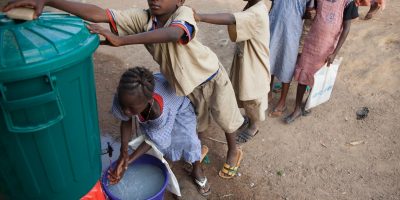Ebola (Sudan strain) outbreak in Uganda
On 20 September 2022, Ugandan public health authorities declared an outbreak of Ebola disease caused by Sudan virus, when the first laboratory confirmed patient was identified in a village in Mubende district, central Uganda. This outbreak is largely occurring near a major highway and trade route linking the country’s capital, Kampala, along with Fort Portal and Kasese in the west. On 11 January 2023, the Government of Uganda declared the end of the current outbreak.
Social science insights from previous Ebola outbreaks can inform the response, across pillars. Explore resources created by SSHAP and others on social science dimensions of the response.
Sign up to our newsletter
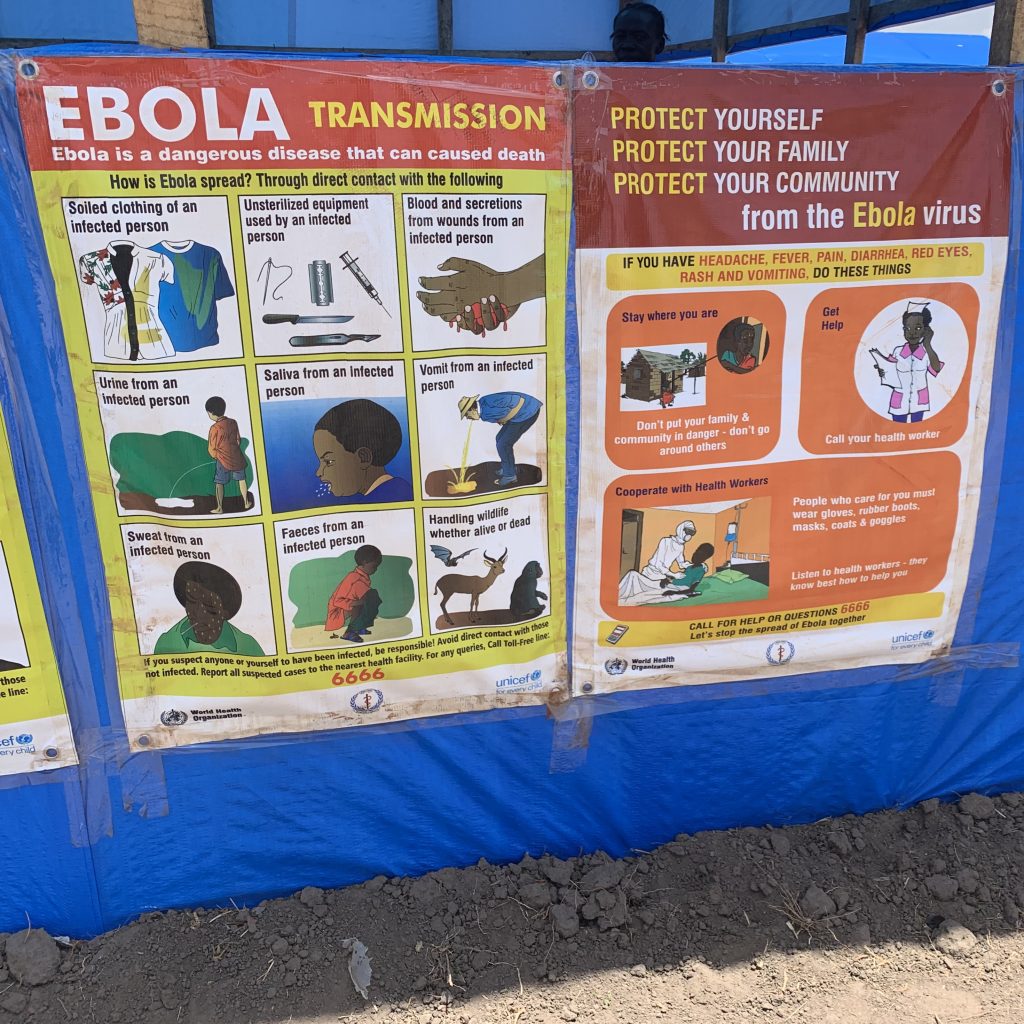
Key Considerations: Cross-Border Dynamics Between Uganda and Tanzania in the Context of the Outbreak of Ebola, 2022
Key Considerations: Cross-Border Dynamics Between Uganda and Kenya in the Context of the Outbreak of Ebola, 2022
Key Considerations: Cross-Border Dynamics Between Uganda and South Sudan in the Context of the Outbreak of Ebola, 2022
Key Considerations: Cross-Border Dynamics Between Uganda and Rwanda in the Context of the Outbreak of Ebola, 2022
Key Considerations for RCCE in the 2022 Ebola Outbreak Response in Greater Kampala, Uganda
Using Social Science in Response to the 2022 Ebola Outbreak in Uganda
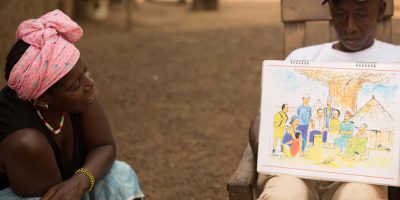
Rapid Appraisal of Key Health-Seeking Behaviours in Epidemics
![On 10 April 2020, Turusew Getahun, a social worker, works to identify, profile and register unaccompanied children and youths at the Civil Service University in Addis Ababa, Ethiopia. The centre is being used to quarantine returnees to the country, amidst concerns about the spread of COVID-19. Many of the returnees had sought work in Saudi Arabia, were victims of human trafficking along the way, and were subject to captivity and deportation upon reaching Saudi Arabia.
All unaccompanied minors are classified as vulnerable migrants, which is the social workers, in addition to profiling and registering them, identify their needs, look for signs of abuse requiring follow-up services, and obtain information about their families. The latter information is important for initiating a detailed assessment, family tracing, and reunification. In cases where a reunification with the family is not possible, alternative care arrangements are explored in cooperation with social workers or community service workers in their places of origin. Turusew says she looks forward to reuniting the children with their families when the quarantine is over. In the meantime, she wants them to be protected from COVID-19 during their quarantine. “Although information [about COVID-19] is being given to all returnees, children require specific support and child-focused messaging to help them understand how to protect themselves from the virus,” she says.
As of 14 April 2020, Ethiopia has reported 82 confirmed cases of COVID-19 in the country, with 3 deaths. In recent weeks the country has seen a surge of returnees to the country, due to the global situation. All returnees are now being placed in a mandatory 14-day quarantine. The sudden surge in returnees is straining local capacities, especially the health system. Some 2,780 returnees have been registered and quarantined at various centers the government has set up in Addis Ababa. An additional 300 returnees per day are expected in the comi UNICEF/Tesfaye](https://www.socialscienceinaction.org/wp-content/uploads/2020/04/UNI320537_Nahom-tesfaye-400x200.jpg)
Rapid Anthropological Assessments in the Field
Key Considerations: Adherence to COVID-19 Preventive Measures in Greater Kampala, Uganda
Citizen Ethnography in Outbreak Response: Guidance for Establishing Networks of Researchers
Social Sciences Evidence on Barriers to Healthcare Seeking During the DRC Ebola Outbreak
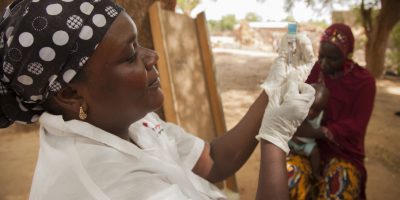
Power, Fairness and Trust: Understanding and Engaging with Vaccine Trial Participants and Communities in the Setting Up the EBOVAC-Salone Vaccine Trial in Sierra Leone
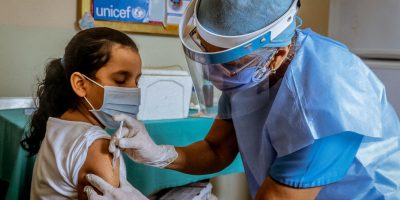
Clinical and Vaccine Trials for COVID-19: Key Considerations from Social Science
Key Considerations: Adherence to COVID-19 Preventive Measures in Greater Kampala, Uganda
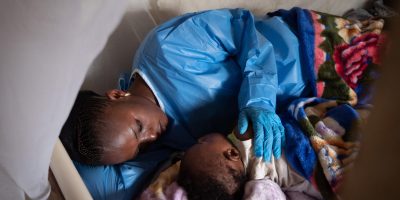
Cross-Border Dynamics and Healthcare in West Nile, Uganda
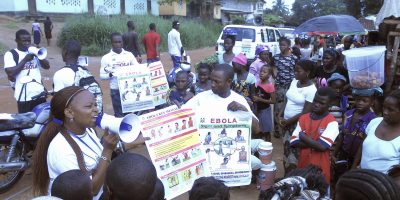
The First Mile: Community Experience of Outbreak Control during an Ebola Outbreak in Luwero District, Uganda
